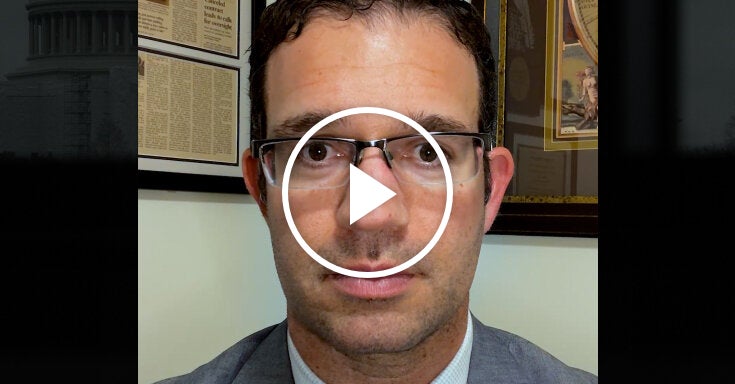In a comprehensive review of flight data conducted by The New York Times, it has been revealed that approximately 200 migrants were deported to El Salvador by the Trump administration. This operation was executed in spite of a federal judge’s ruling that sought to prevent these deportations. White House correspondent for The Times, Luke Broadwater, has provided a detailed account of the sequence of events that transpired leading up to this surprising and controversial move.
The Trump administration has been known for its hardline stance on immigration, and these deportations seem to be a reflection of that policy. However, the fact that these actions were taken despite a federal judge’s ruling adds another layer of complexity to the issue, raising questions about the separation of powers and the rule of law.
The deportations were executed in a manner that was almost invisible to the public eye. The administration used charter flights to carry out these deportations, which were largely unreported until The New York Times conducted its review of flight data. This approach allowed the administration to bypass the public scrutiny that often surrounds such controversial decisions.
The Federal Judge’s order was designed to halt the deportations of these migrants, many of whom were seeking asylum in the United States. The ruling was a response to the claims that the Trump administration had violated federal law and international human rights agreements by sending these migrants back to a country where they faced serious risks of violence and persecution. It was a decision that was meant to uphold the principle of non-refoulement, a cornerstone of international refugee law that prohibits the forced return of individuals to territories where their life or freedom would be threatened.
However, the Trump administration appears to have disregarded this ruling, choosing instead to go ahead with the deportation of about 200 migrants. This decision has caused a ripple of shock and confusion, with critics arguing that it undermines the authority of the federal judiciary and sets a dangerous precedent for future administrations.
Luke Broadwater, a seasoned reporter with The Times, was able to craft a detailed timeline of events based on the available flight data and other sources. His investigation revealed that the deportations took place over several weeks, often under the cover of darkness. The flights would depart from various locations in the United States, carrying dozens of migrants at a time, and would arrive in El Salvador in the early hours of the morning.
Furthermore, Broadwater’s report highlights the troubling conditions that these migrants were subjected to during their journey back to El Salvador. Many were reportedly handcuffed for the duration of the flight, and some even reported being physically abused by the immigration officers on board. These allegations, if proven true, would constitute a clear violation of the migrants’ rights and could potentially lead to legal action against the officials involved.
The ramifications of these deportations extend far beyond the immediate impact on the individuals involved. The Trump administration’s disregard for a federal judge’s ruling raises serious concerns about the functioning of the American system of checks and balances. It calls into question the administration’s respect for the rule of law and its commitment to upholding international human rights standards.
To the migrants who were forcibly returned to El Salvador, the consequences are even more dire. Many of them had fled their home country due to the widespread violence and instability, and their deportation likely places them back in the very circumstances they sought to escape. The administration’s actions, therefore, not only defy a federal judge’s ruling but also potentially endanger the lives of these migrants.
The Times’ review of flight data and subsequent report offer a stark illustration of the lengths to which the Trump administration was willing to go to enforce its hardline immigration policies. It also underscores the importance of independent journalism in holding governments accountable for their actions.
Despite the Trump administration’s efforts to carry out these deportations quietly, The Times was able to uncover the truth and bring this issue to the public’s attention. This story serves as a reminder of the vital role that the media plays in a functioning democracy, particularly when it comes to safeguarding the rights and freedoms of society’s most vulnerable individuals.
In conclusion, the deportation of around 200 migrants by the Trump administration, in defiance of a federal judge’s ruling, raises significant questions about the rule of law, the separation of powers, and the administration’s commitment to human rights. The actions of the administration not only potentially endangered the lives of the migrants involved but also undermined the authority of the federal judiciary. This story, as revealed through The Times’ review of flight data, highlights the necessity of vigilant journalism in holding governments accountable.









